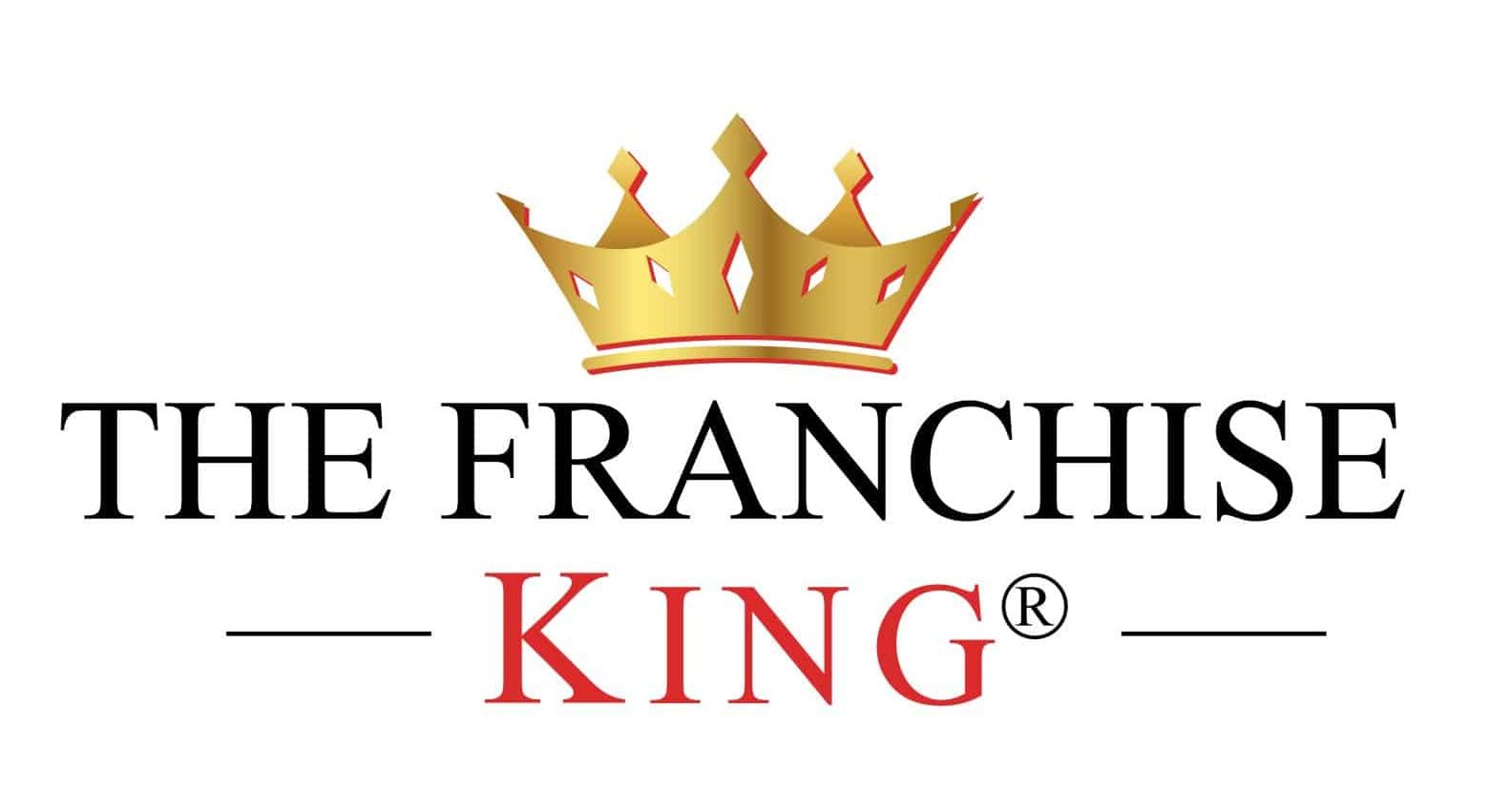Let me start out by stating this;
I am not a member of The International Franchise Association. (IFA)
That’s full disclosure, folks.
One thing that I feel they do a stellar job with is lobbying. Matthew Shay, it’s leader, knows how to work it over on Capitol Hill.
The IFA just made it’s position known concerning health care reform.
I grabbed this off of their website;
“The Senate’s Patient Protection and Affordable
Care Act will not reduce the cost of health insurance for franchised
employers, and we cannot support health care legislation that fails
this basic test,” said IFA Vice President of Government Relations David
French. “We have consistently called for market-based reforms like
association health plans, and we are disappointed that the Senate bill
will not curb costs in the health insurance system. We are also very
concerned that the budgetary costs of this legislation are vastly
understated, and if passed will ensure that small franchised business
owners will face a future of job-killing tax hikes and mandates.”
Do you agree? Disagree? Have a better idea or three? Please share it…
I wrote about this very important small business topic in September.
It’s so easy to stay up-to-date on the world of franchising. Just subscribe to The Franchise King Blog. It’s Free.
About the Author
The Franchise King®, Joel Libava, is a leading franchise expert, author of "Become a Franchise Owner!" and "The Definitive Guide to Franchise Research." Featured in outlets like The New York Times, CNBC, and Franchise Direct, Joel’s no-nonsense approach as a trusted Franchise Ownership Advisor helps aspiring franchisees make smart, informed decisions in their journey to franchise ownership. He owns and operates this franchise blog.
Note: When you buy through links on this website, we may earn an affiliate commission.







